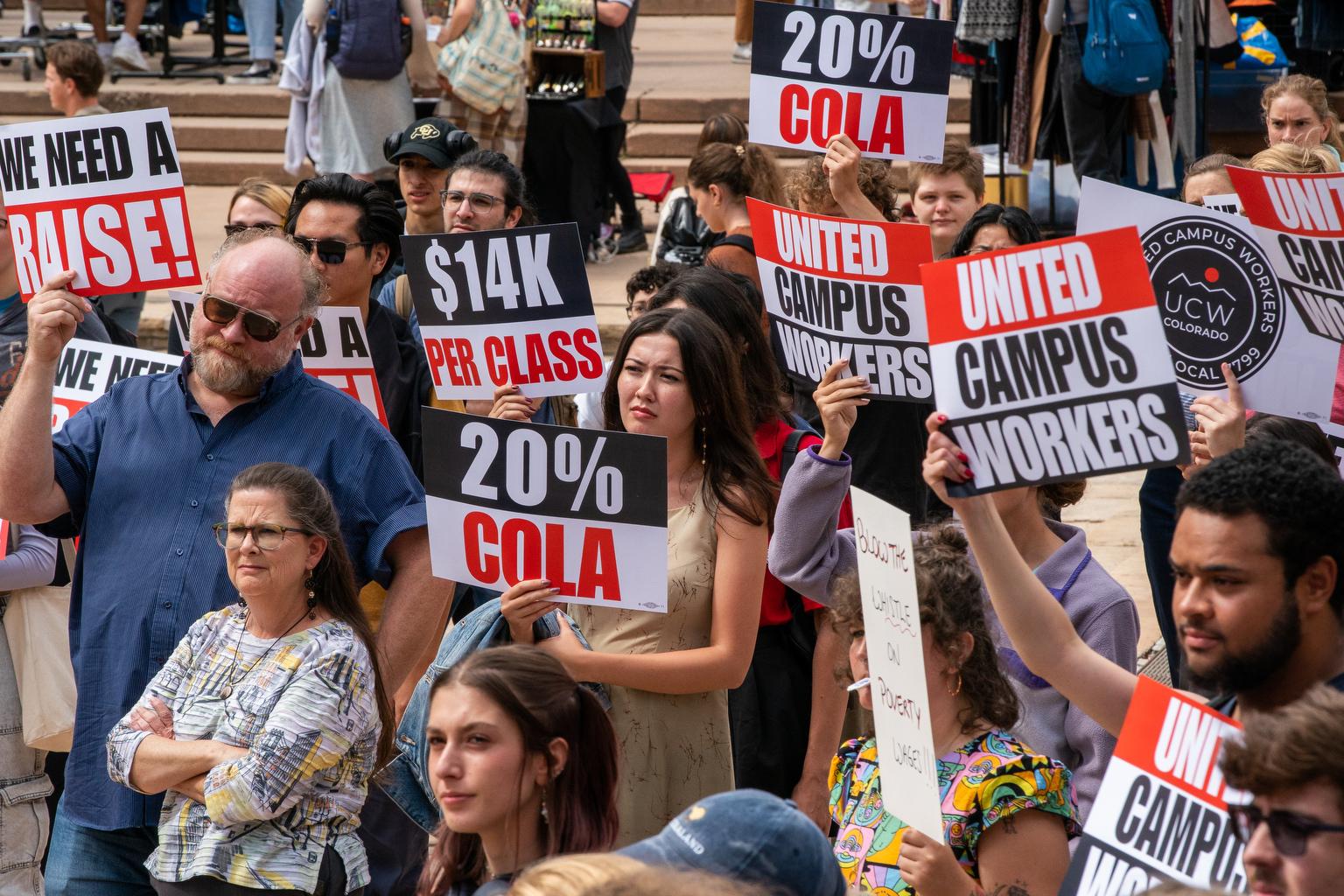
Colorado lawmakers took a major step toward making it dramatically easier for labor unions to organize. The state Senate agreed Thursday to repeal the law that requires two votes for a union to represent workers.
Democrats have made undoing the Labor Peace Act one of their priorities for this year’s legislative session. T he unique law has framed labor negotiations in Colorado since World War II .
Colorado is the only state to require two organizational votes: one to form a union, and a second to collect mandatory fees for representing workers. Republicans say the law keeps the state competitive. Democrats say two votes is an unnecessary hurdle that discourages unionization.
“This is a relic of the past,” said Sen. Jessie Danielson, D-Wheat Ridge. “It’s been referenced as this great, grand compromise, but really it’s not.”
The vote on what Democrats have named the Worker Protection Act, Senate Bill 25-005, came after a grueling debate at the Colorado State Capitol. Republicans spent hours attempting to reduce the impact of repealing the Labor Peace Act, suggesting amendments that ranged from exempting agricultural workers and businesses with fewer than 100 employees to requiring unions to itemize how they spend the money they collect.
But GOP opposition was essential fundamental. Senate Minority Leader Paul Lundeen, R-Monument, argued changing the state’s labor laws will take away workers’ freedom of choice – and reshape the character of Colorado.
“You pay the union dues whether you want to or not,” he said. “That’s what a union state looks like. That’s what this bill wants to turn our state into.”
Democrats say t wo elections is a high bar. Not only do unions have to win a majority to be recognized. They have to get support from three-quarters of workers to start collecting fees to represent them through paycheck deductions. All the while, businesses can pressure their workers to vote against unionization .
What’s more, times have changed, Senate Majority Leader Robert Rodriguez said. The Colorado of the 1940s was more unequal, less tolerant and far less accommodating toward labor unions.
“Returning to the politics of 1943 – or allowing their legacy to persist – would undermine decades of progress and hinder the state’s future,” he said.
The Senate needs to act again to confirm Thursday’s vote, a largely procedural move. The state House of Representatives would also have to approve the Worker Protection Act before it could be sent to Gov. Jared Polis’ desk.
The governor’s signature is far from assured. Polis has said the Labor Peace Act has been good for the state, and he’s called labor and business groups to come together on a compromise. So far, that has not happened.
Colorado Capitol Coverage is produced by the Capitol News Alliance, a collaboration between KUNC News, Colorado Public Radio, Rocky Mountain PBS, and The Colorado Sun, and shared with Rocky Mountain Community Radio and other news organizations across the state. Funding for the Alliance is provided in part by the Corporation for Public Broadcasting.







